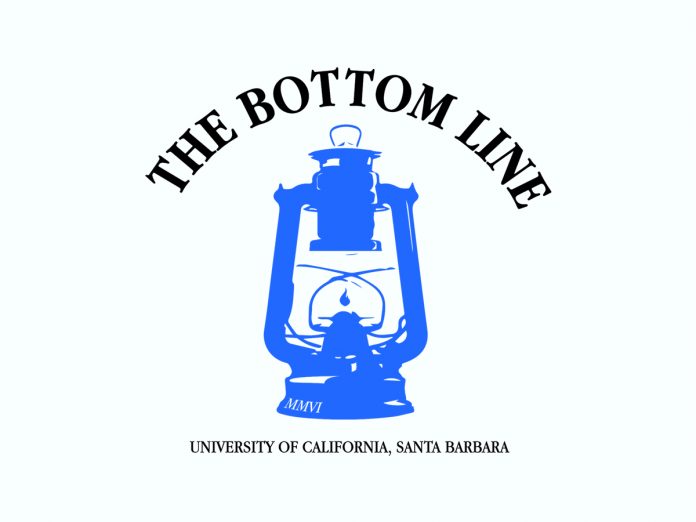Spencer Wu
Senior Copy Editor
Ever since 2005, high school basketball players have been required to attend at least one year of university before being eligible to play in the NBA. However, the “one-and-done” dilemma might not be an issue in the near future as the NBA formally proposed ratifying the current rule, which would allow 18-year-olds to enter the draft. This rule change could come into effect as soon as the 2022 NBA Draft.
The issue of the one-year college requirement reached a boiling point during marquee matchup between top seeded Duke and 8th ranked North Carolina. In the game’s opening minute, future potential number one pick Zion Williamson injured his knee with a Grade 1 sprain within the first 36 seconds, sidelining him for the rest of the match. This jeopardizes his NBA draft stock because teams are reluctant to commit their lottery picks to players with injury concerns.
This raises the question: Should players be able to join the NBA draft straight out of high school? Kwame Brown did it first in 2001, but more or less flamed out as a bust. LeBron James, Williamsons’ most comparable NBA comparison, did it back in 2003 before the rule was changed to exclude players below 19 years of age from the draft (as dictated by then commissioner David Stern in 2005). These examples are on opposite sides of the spectrum, and can serve as either worst-case scenarios or ideal career progressions.
The NBA is doing a service to its future draft prospects by providing them with the flexibility to either choose to be drafted, enter a university, or even play overseas. This proposed change is not forcing high-potential lottery picks to skip out on gaining a world class education; it is providing them with an opportunity to take charge of their own professional career.
A former standout in Kentucky and current Golden State Warriors center Demarcus Cousins, a player with a history of injuries, sounded off on the NCAA. “Knowing what I know now, college basketball is bullshit. Do what’s best for you and your family,” Cousins said. Cousins is essentially advocating for high school graduates to go straight to the league.
In high school and college, students athletes can’t make a penny on their likeness or brand, stunting their financial growth. Since these athletes are students, they can’t get paid because it is still considered an amateur sport, not a professional one. However, the aforementioned Duke UNC Tobacco Road Rivalry game’s cheapest ticket price, according to VividSeats, is $2,696. That doesn’t sound very amateur to me.
Looking at it from the other perspective, this news might come to a blow for universities since collegiate athletics is a major stream of revenue. If marquee prospects don’t join your college program, some games won’t be nationally televised, students won’t watch the games, and these players won’t give back to the university. Even though this might affect colleges negatively, players must do what is in their best interest and choose the right future for themselves.











